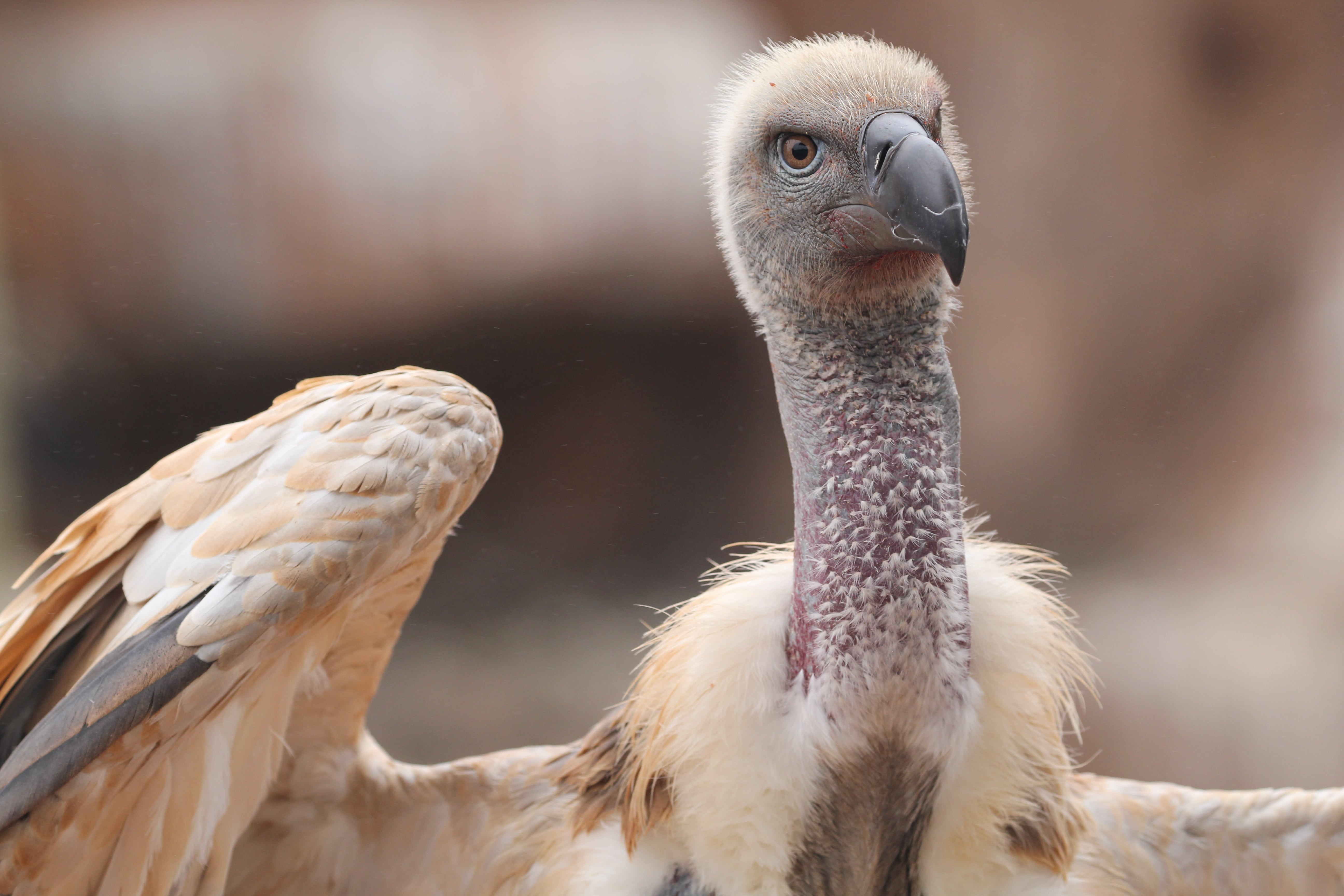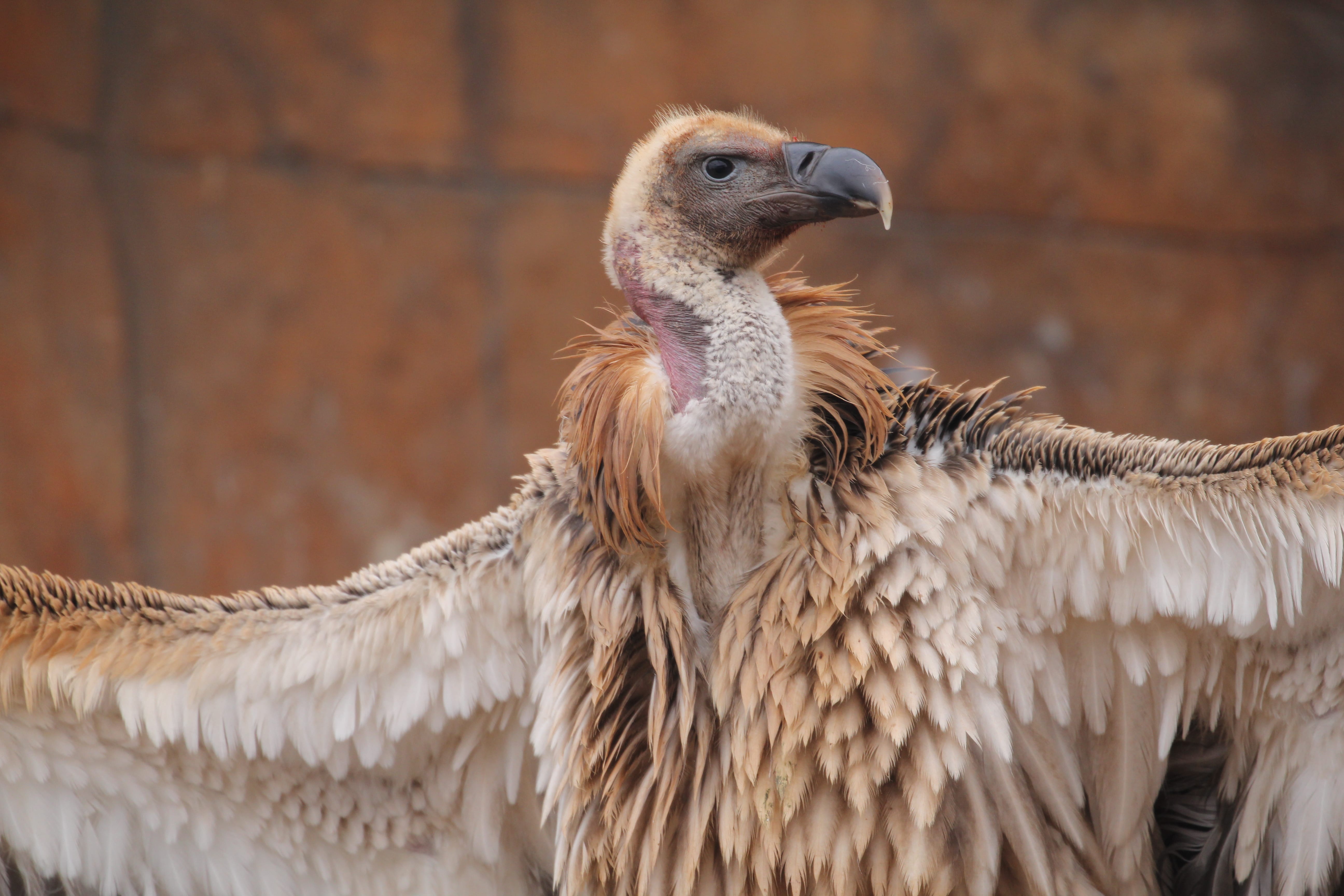Conservationists have confirmed the first sighting of Cape vultures in over 30 years in the Spitskop-Cradock area of the Eastern Cape – approximately 40km from Mountain Zebra National Park. More than 80 vultures were observed on a farm, marking a significant milestone in ongoing efforts to restore vulture populations in South Africa.
The sighting follows years of conservation work by VulPro, a leading vulture rehabilitation organisation focused on rescuing, rehabilitating and breeding vultures for reintroduction into the wild.
The Cape vulture population has declined sharply since the 1980s due to habitat loss, poisoning and collisions with energy infrastructure. Between 1992 and 2007, the population in South Africa fell by 60-70%, leading to their classification as “threatened”. By 2021, their status shifted to “vulnerable” due to improved conservation efforts resulting in an estimated population of 9 600 to 12 800 mature individuals.

Kerri Wolter, CEO and Founder of VulPro, emphasised the urgency of ongoing conservation efforts. “While we are starting to see some vultures return to historical roosting sites, the rate of decline is still shocking and very worrying, which is why we can’t stop our conservation efforts now. Sightings like this one near Graaff-Reinet show that the work we are doing is making a difference, which motivates us to keep working around the clock to curb further vulture species declines.”
The discovery follows a separate vulture sighting at Shamwari Private Game Reserve in January – nearly a year after VulPro relocated its rehabilitation centre and breeding facility to the reserve. The return of vultures to these areas highlights the impact of conservation programmes aimed at stabilising and increasing vulture numbers.
Vultures play a critical role in the ecosystem by rapidly disposing of carcasses, which prevents the spread of diseases such as anthrax, botulism and rabies. Their decline was cause for concern about rising numbers of other scavengers, such as feral dogs and rats, which are less effective at controlling disease transmission.

Since 2007, VulPro has provided medical care to injured, diseased or poisoned vultures – achieving a 75% survival rate for treated birds. The organisation’s captive breeding programme has released over 78 vultures into the wild since 2013, contributing to population recovery efforts.
Wolter stressed the need to change perceptions about vultures to ensure their survival. “Vultures are nature’s misunderstood heroes yet they face devastating population declines due to electrocution, poisoning, habitat loss and negative public perception. By recognising them as crucial ecological guardians, we can rewrite the story around vultures and inspire meaningful conservation.”























